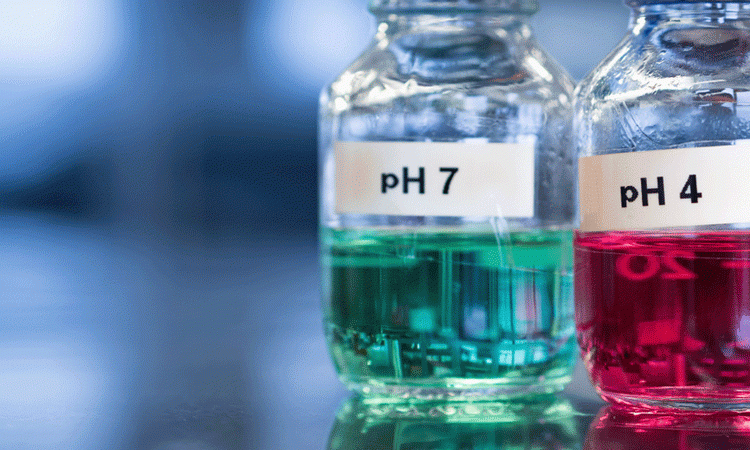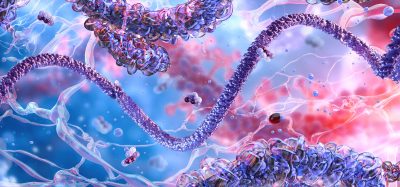Is acidity the weakness of cancer cells?
Posted: 1 August 2018 | Drug Target Review | No comments yet
Cancer cells proliferating in alkalinity should be more vulnerable in acidic environments, so decreasing the pH may result in decreased proliferation…


A computational study has found that reducing the internal pH of a cancer cell results in a lower rate of proliferation in a less vigorous manner.
Cancer cells have been known to acidify their environment, however, the interior of the cell is alkalised. By definition, this should hinder the proliferation and development of the cells, but, the reverse happens with cancer.
Computational chemist Miquel Duran-Frigola from the Institute for Research in Biomedicine (IRB Barcelona) identified that when the internal pH of a cancer cell is lowered, the cells proliferate in a less robust manner.
Biomarkers are redefining how precision therapies are discovered, validated and delivered.
This exclusive expert-led report reveals how leading teams are using biomarker science to drive faster insights, cleaner data and more targeted treatments – from discovery to diagnostics.
Inside the report:
- How leading organisations are reshaping strategy with biomarker-led approaches
- Better tools for real-time decision-making – turning complex data into faster insights
- Global standardisation and assay sensitivity – what it takes to scale across networks
Discover how biomarker science is addressing the biggest hurdles in drug discovery, translational research and precision medicine – access your free copy today
The researchers used many hundreds of thousands of data from previous biochemical assays, alongside a database on the gene expression of cancer cells, to develop a computer model that analyses the variations in pH and how they affect the activity of around 2000 metabolic enzymes.
“We are a computational lab and we are devoted to systems biology. We wanted to address the question on a large scale,” said Duran-Frigola.
“Understanding the link between metabolic pathways that work better under different pHs can give us an idea about the mechanisms used by cancer to survive at basic pH,” he explains.
According to their hypothesis, cancer cells that proliferate easily in alkaline environments should be more vulnerable in acidic environments. After confirming their hypothesis, the researchers suggested that this paved the way for conventional therapies where the pH of cancer cells may be lowered to induce cancer cell apoptosis.
The team also identified some metabolic enzymes in the development of cancer, working harmoniously with the intracellular acidity. These enzymes could be potential therapeutic targets, with five tested on breast cancer cells with promising results.
“This work is still very academic, but we believe that some of the targets identified are ready to be tested in animals, thus allowing us to move into more advanced pre-clinical trial stages,” says Duran-Frigola.
The study, which has been performed in collaboration with the Moffitt Cancer Centre and the University of Maryland, has been published in Nature Communications.
Related topics
Analytical Techniques, Artificial Intelligence, Bioinformatics, Disease Research, Drug Discovery, Drug Targets, Research & Development, Therapeutics
Related conditions
Cancer
Related organisations
Institute for Research in Biomedicine, Maryland University, Moffitt Cancer Centre
Related people
Miquel Duran-Frigola








